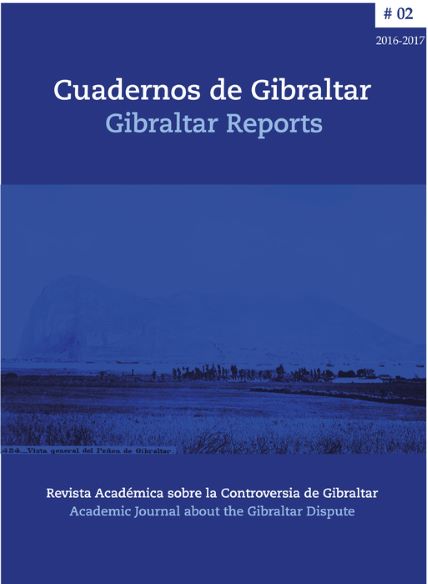The Jews of Gibraltar before the Treaty of Utrecht and the Developement of the Jewish Community since

Info
Abstract
Abstract: the British occupation of Gibraltar in 1704 brought in Jewish merchants from Tetuan to supply the fresh food required by the garrison. Although expelled under the terms of the Treaty of Utrecht, bad relations with Spain led to them being readmitted to bring in much-needed supplies from Morocco. They formed a large minority in the new civilian population established in Gibraltar in the 18th century and were very influential in the development of Gibraltarian society. Today the Jewish community of Gibraltar has chosen not to participate fully in Gibraltarian society in order to protect the purity of its religious practises.
Keywords: Gibraltar, Jews, Morocco, Treaty of Utrecht, Sephardi, mixed marriages, civil society, synagogues.
---------------------------------------------------
Resumen: La ocupación de Gibraltar por los ingleses en 1704 trajo comerciantes judíos marroquíes de Tetuán a Gibraltar para suministrar los alimentos frescos que la plaza necesitaba. En el siglo XVIII formaban una minoría importante de la población civil e influenciaron el desarrollo de la nueva sociedad civil gibraltareña. Hoy, la comunidad judía de Gibraltar ha optado no participar en pleno en la sociedad gibraltareña para proteger la integridad de sus prácticas religiosas.
Palabras clave: Gibraltar, judíos, Marruecos, Tratado de Utrecht, Sefardí, casamientos mixtos, sociedad civil, esnoga (denominación en haketía, el ladino de los judíos marroquíes, de sinagoga).
Downloads
How to Cite
License
Copyright
Papers will be published under the condition that the author or authors yield to the Journal exclusive reproduction rights. Cuadernos de Gibraltar–Gibraltar Reports is an open access journal which means that all content is freely available without charge to the user or his/her institution. Users are allowed to read, download, copy, distribute, print, search, or link to the full texts of the articles, or use them for any other lawful purpose, without asking prior permission from the publisher or the author. This is in accordance with the BOAI definition of open access.

